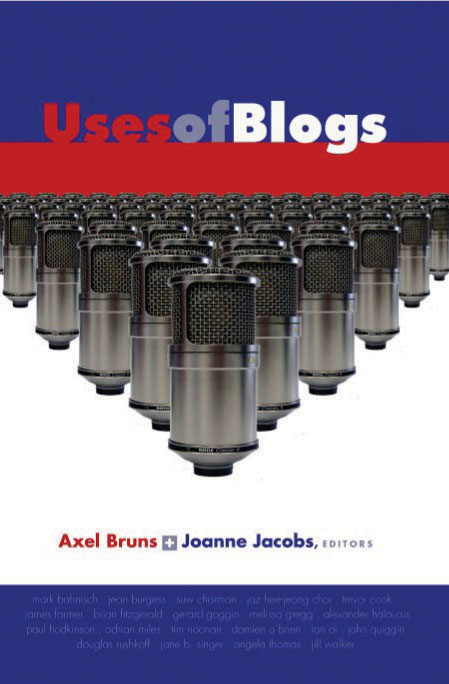The next session at AoIR 2005 is on 'Emerging Research Methods for Analysing Civic Engagement'. Kenneth Farrall from the University of Pennsylvania makes a start. His paper is co-authored with Michael delli Carpini.
Kenneth Farrall: Web Graph Analysis
Kenneth begins by outlining perceptions of the Internet as alternatively a tool for revitalising democracy, or for furthering its decline. There are various approaches to analysing its role in this, from content analysis and user surveys to social network analysis, which appears to be a very useful technique for analysing user engagement in the Internet. But such analysis is difficult in an Internet context as social network associations online are highly fluid, and Kenneth suggests that content analysis may be useful to address such problems.













